Keith Achorn
Deep Learning Models on CPUs: A Methodology for Efficient Training
Jun 20, 2022
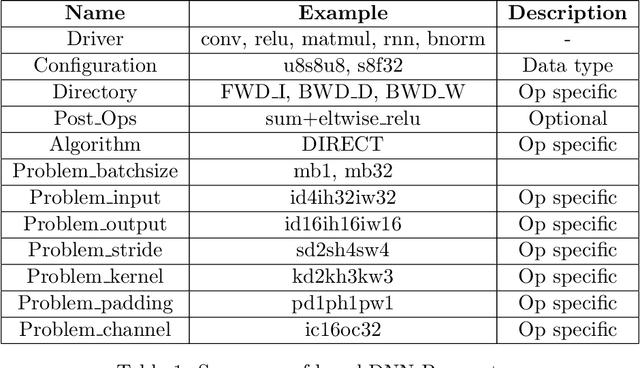
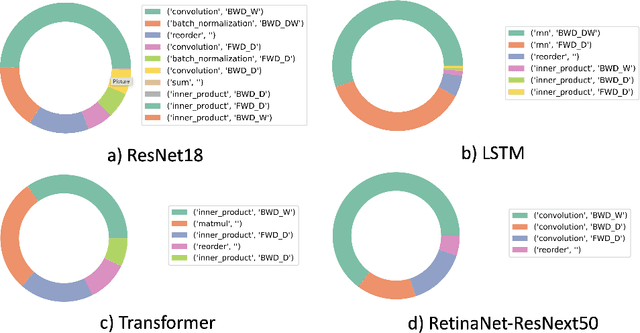
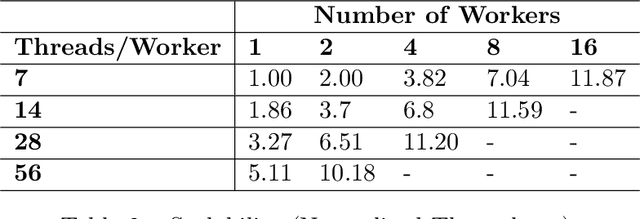
Abstract:GPUs have been favored for training deep learning models due to their highly parallelized architecture. As a result, most studies on training optimization focus on GPUs. There is often a trade-off, however, between cost and efficiency when deciding on how to choose the proper hardware for training. In particular, CPU servers can be beneficial if training on CPUs was more efficient, as they incur fewer hardware update costs and better utilizing existing infrastructure. This paper makes several contributions to research on training deep learning models using CPUs. First, it presents a method for optimizing the training of deep learning models on Intel CPUs and a toolkit called ProfileDNN, which we developed to improve performance profiling. Second, we describe a generic training optimization method that guides our workflow and explores several case studies where we identified performance issues and then optimized the Intel Extension for PyTorch, resulting in an overall 2x training performance increase for the RetinaNet-ResNext50 model. Third, we show how to leverage the visualization capabilities of ProfileDNN, which enabled us to pinpoint bottlenecks and create a custom focal loss kernel that was two times faster than the official reference PyTorch implementation.
The People's Speech: A Large-Scale Diverse English Speech Recognition Dataset for Commercial Usage
Nov 17, 2021
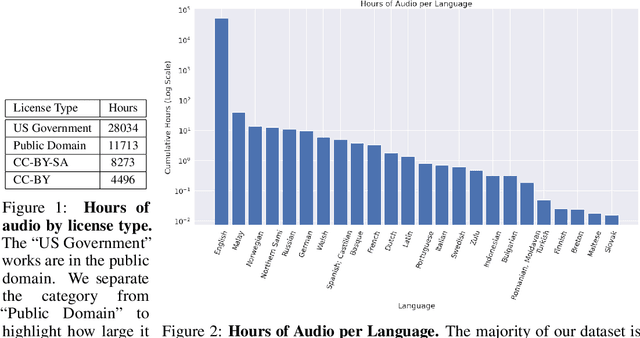
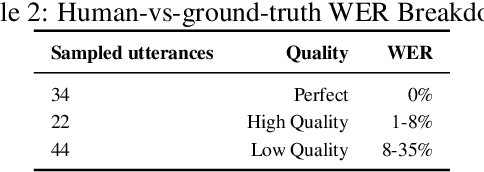
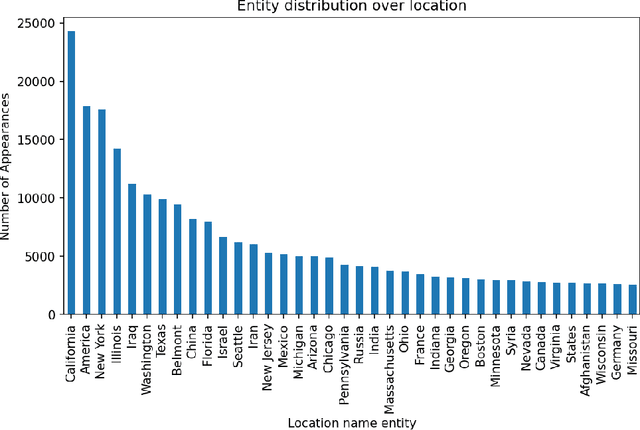
Abstract:The People's Speech is a free-to-download 30,000-hour and growing supervised conversational English speech recognition dataset licensed for academic and commercial usage under CC-BY-SA (with a CC-BY subset). The data is collected via searching the Internet for appropriately licensed audio data with existing transcriptions. We describe our data collection methodology and release our data collection system under the Apache 2.0 license. We show that a model trained on this dataset achieves a 9.98% word error rate on Librispeech's test-clean test set.Finally, we discuss the legal and ethical issues surrounding the creation of a sizable machine learning corpora and plans for continued maintenance of the project under MLCommons's sponsorship.
 Add to Chrome
Add to Chrome Add to Firefox
Add to Firefox Add to Edge
Add to Edge